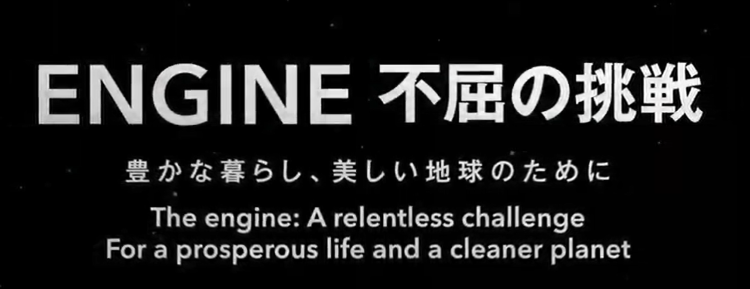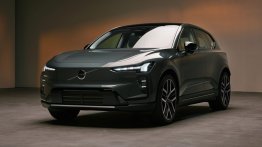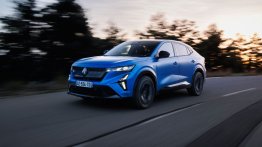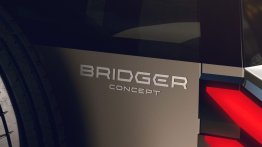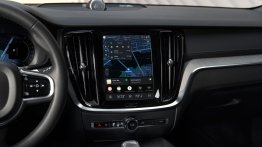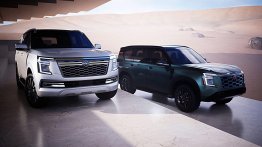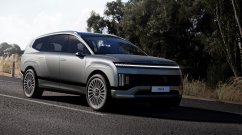In a bid to achieve carbon neutrality, Subaru Corporation, Toyota Motor Corporation, and Mazda Motor Corporation have announced a commitment to developing new, electrification-compatible engines. These next-generation engines will be designed to integrate seamlessly with electric motors, batteries, and other drive units, while also being compatible with a range of carbon-neutral fuels.
The three automakers are leveraging their deep understanding of diverse customer needs to create engines that not only reflect their brand identities but also cater to unique consumer preferences. By prioritizing decarbonization, they aim to safeguard the future of their supply chains and jobs, particularly under the rigorous conditions of racing, where they test vehicles running on liquid hydrogen and synthetic fuels.
The new engines will enhance vehicle design with more compact dimensions, allowing for lower hoods and improved aerodynamics. This advancement is expected to boost fuel efficiency and comply with stricter emissions regulations. Additionally, the engines will be versatile, capable of running on e-fuels, biofuels, and liquid hydrogen, thus promoting the widespread adoption of carbon-neutral alternatives.
Subaru, Toyota, and Mazda are committed to a multi-pathway approach to carbon neutrality, ensuring their new engines not only perform independently but also optimize integration with electric components. This collaboration marks a significant step toward a sustainable future for Japan’s automotive industry.
